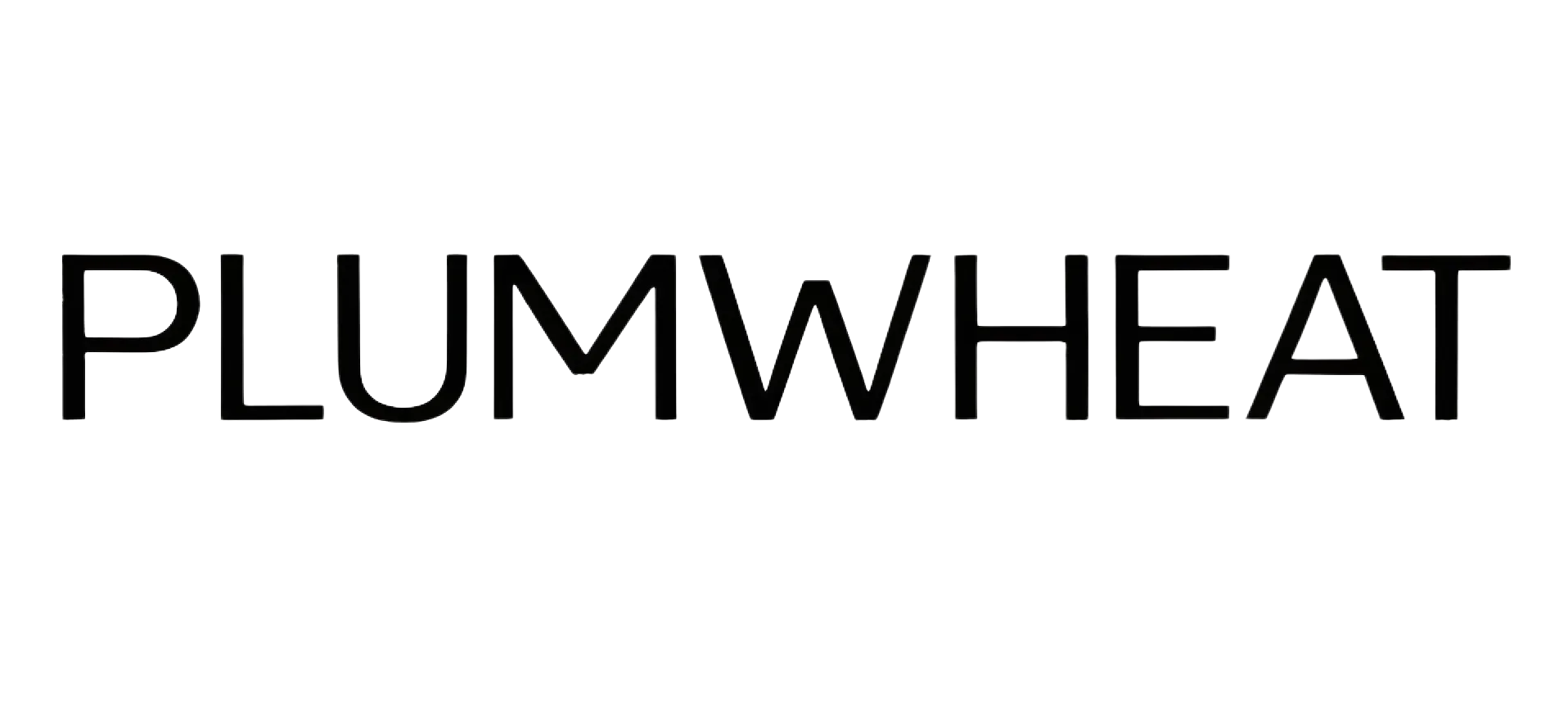To verify if a Chinese supplier is a genuine manufacturer rather than a trading company, follow these evidence-based strategies drawn from industry best practices and verification frameworks:
🔍 1. Legal & Registration Checks
- Verify business scope: Use China’s official National Enterprise Credit Information Publicity System (www.gsxt.gov.cn) to check the company’s registration details. Genuine manufacturers will list “manufacturing” or specific production activities in their business scope, while traders show “trading” or “import-export”.
- Check licenses: Manufacturers hold production-related permits (e.g., environmental compliance, factory safety licenses). Cross-check these with issuing authorities like local environmental bureaus.
🏭 2. Production Capacity Verification
- Request real-time proof:
- Ask for live factory videos via WeChat or Zoom, focusing on production lines, machinery, and workers. Refusal often indicates a trader.
- Demand production schedules or raw material purchase invoices as evidence of active manufacturing.
- Audit MOQ flexibility: Manufacturers typically enforce high Minimum Order Quantities (e.g., 1,000+ units). If a supplier accepts tiny orders (e.g., 100 units), they likely aggregate orders as a trader.
📋 3. Technical & Operational Testing
- Ask detailed production questions:
- “Can you explain your mold-making process for this product?”
- “What is your daily output capacity for this item?”
Manufacturers answer precisely; traders deflect or give vague responses.
- Review certifications: Authentic factories hold ISO 9001, BSCI, or industry-specific certifications linked to production (e.g., welding standards for steel). Verify these via certification bodies’ databases.
🚩 4. Behavioral Red Flags
- Observe communication:
- Traders often use generic email domains (e.g., @gmail.com) instead of company-owned domains.
- They avoid sharing factory floor photos or provide staged images.
- Test responsiveness: Request a minor customization (e.g., packaging color change). Factories assess feasibility; traders promise immediately without technical queries.
📊 5. Third-Party Verification Tools
- Use investigative platforms:
- Tianyancha or Qichacha: Check for lawsuits, ownership structure, and registered capital. Low capital (<¥500,000) suggests trading operations.
- Alibaba audits: While “Gold Suppliers” are verified, cross-check with customs data (e.g., ImportYeti) to confirm export volumes match claimed capacity.
- Hire local inspectors: Agencies like BIGCHINA conduct on-site visits to verify machinery, inventory, and production workflows.
